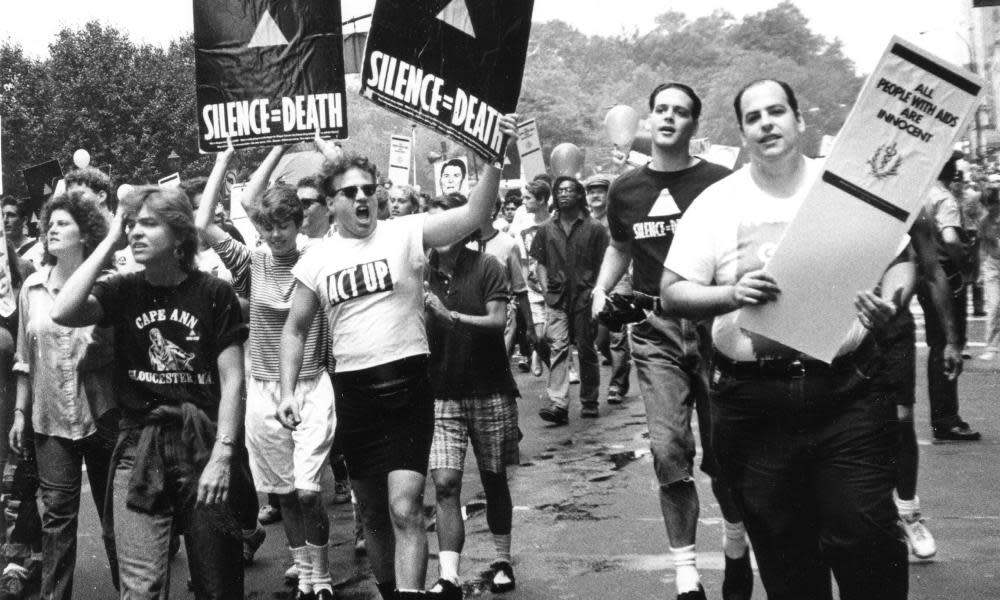Green Carnation award goes to Aids history How to Survive a Plague

An insider account of the HIV/Aids epidemic hailed by Edmund White as “epoch-making” has scooped a major prize for LGBTQ+ writing. David France’s How to Survive a Plague tells the story of how a grassroots movement of activists, some of whom faced their own struggle with the illness, forced through legal and scientific change that turned HIV from an almost certain death sentence to a manageable disease where drugs are available.
It is the third time in the prize’s seven-year history that the award has gone to a nonfiction book. Describing France’s book as the unanimous choice, chair of judges John Boyne said: “In this time of renewed activism in an increasingly uncertain world, France’s definitive account of the Aids crisis, and the activists who changed the fate of so many lives, seems vital and important to inspire everyone, not just the LGBTQ+ community.”
Investigative reporter France used his contacts in the gay community to build up a picture of how grassroots activism forced research into the illness and the search for a cure. France, who lost his partner Doug Gould to Aids-related pneumonia in 1992, had followed the fight to change US drug regulations that were hampering access to effective treatments since the 1980s.
The book, which is based on his Academy Award-nominated 2012 film of the same name, was described in the Guardian as “a subtle and searing history of this late-20th-century plague and those who survived it”. It recounts how, frustrated by the failure of the Reagan administration in the US to address the epidemic sweeping through the gay community, gay activists in the late 1980s set up Act Up (Aids Coalition to Unleash Power). They demanded affordable access to available drugs.
France, an eyewitness to the protests, with unparalleled access to those who led them, reveals how the deaths of thousands of gay men had been ignored by mainstream politicians and society, but as a result of the pressure of Act Up and its supporters, by the mid-1990s the federal regulators were forced to relax regulations and approve drugs that would go on to save millions of lives.
Blogger Simon Savidge, co-founder of the prize with journalist Paul Magrs, said: “We have made many steps forward in the 50 years since the decriminalisation of homosexuality in the UK, however some of the voices of our history have often been silenced. I hope this book will enlighten people, make them question what they think they know and encourage discussion. That is what every great book does.”
The winner, announced at a ceremony in London on Monday, was the only nonfiction book on a five-strong shortlist that included Stella Duffy’s London Lies Beneath and Garth Greenwell’s What Belongs to Me. Previous winners include Patrick Gale and Catherine Hall, as well as last year’s winner A Brief History of Seven Killings by Marlon James, which also won the Man Booker prize.
The Green Carnation award was set up in 2010 to address what Magrs and Savidge regarded as a “scandalous lack of prizes for gay men” in the UK. After the initial year, the prize was opened to writing from across the LGBTQ+ community. The winner receives a trophy, champagne and in-store promotion throughout all Foyles branches.

 Yahoo News
Yahoo News 
